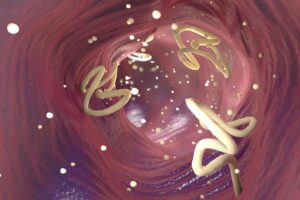early infancy
Gastroenterology, Pediatrics
The findings confirm that mother’s milk can deliver beneficial bacteria to very-low-birth-weight infants, with feeding practices and antibiotic use influencing this microbial exchange.
Gastroenterology, Pediatrics
The findings suggest that while antibiotics can cause changes to the infant microbiota, they are much less significant than the impact of feeding mode.
Gastroenterology, Gynecology
The findings of a recent study highlight the critical role of the gut microbiota in maternal and infant health, especially in the context of GDM.
Video, Events
Microbiomepost conducted an exclusive interview with Charlotte Neumann, researcher at Medical University of Graz, about the role of Archaea and obligate anaerobes in the development of the infant oral microbiome.
Pediatrics
Maternal fecal microbiota transfer in babies born by caesarean section can help to correct alterations in microbiota composition.
Pediatrics
The findings of a recent study suggest that environmental factors are important for the development of a healthy microbiota.
Gastroenterology
The work, published in Nature, found a link between the gut, its microbiota and reproductive cells in mice.
Gastroenterology, Pediatrics
The authors advocate for further research on worm-microbiota interactions, suggesting that new animal models could help inform strategies for improving health during early life.
Neuroscience, Pediatrics
The findings of a recent study show that Q-net can accurately predict the long-term trajectories of gut microbes and identify patterns indicative of future cognitive deficits.
Gastroenterology, Pediatrics
The findings of a recent study suggest that the infant gut microbiota begins to develop circadian rhythms soon after birth, with diet having minimal influence on these microbial patterns.











